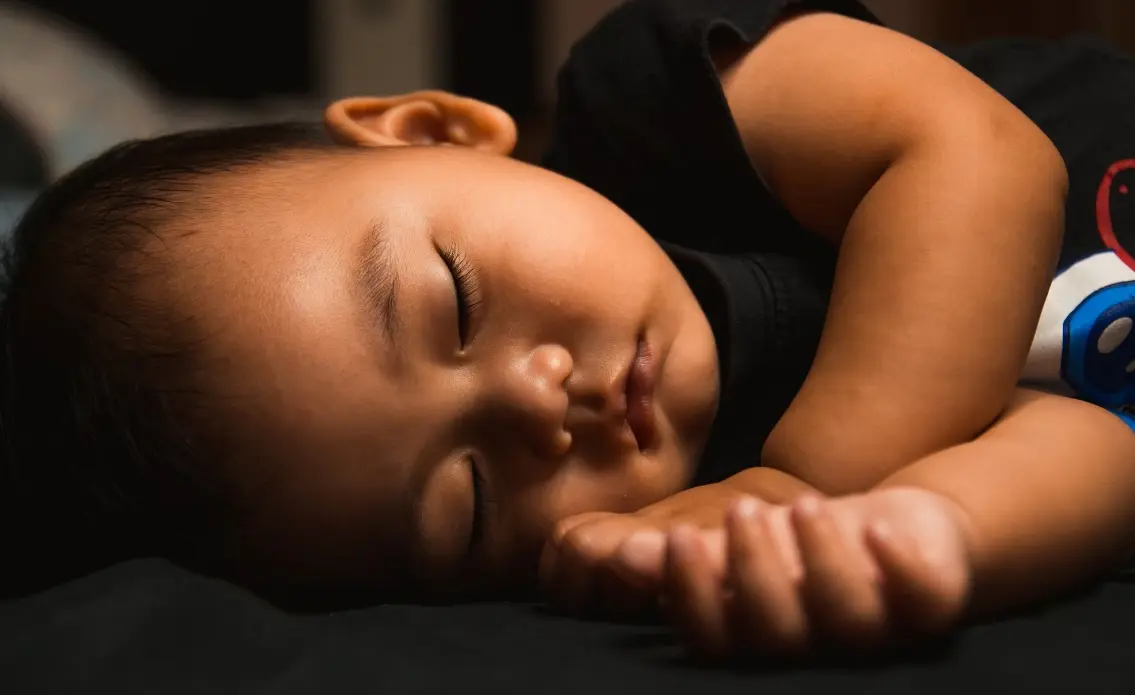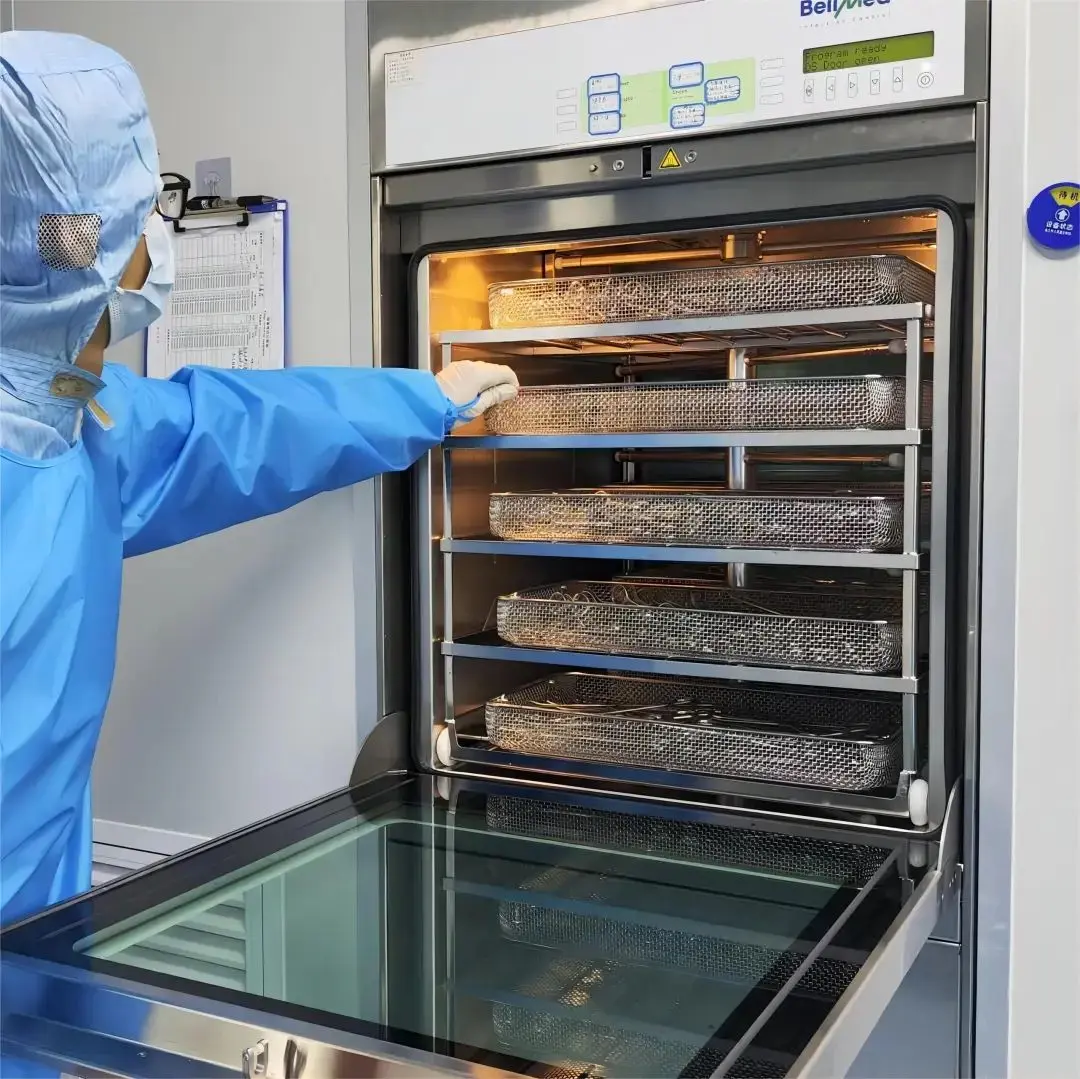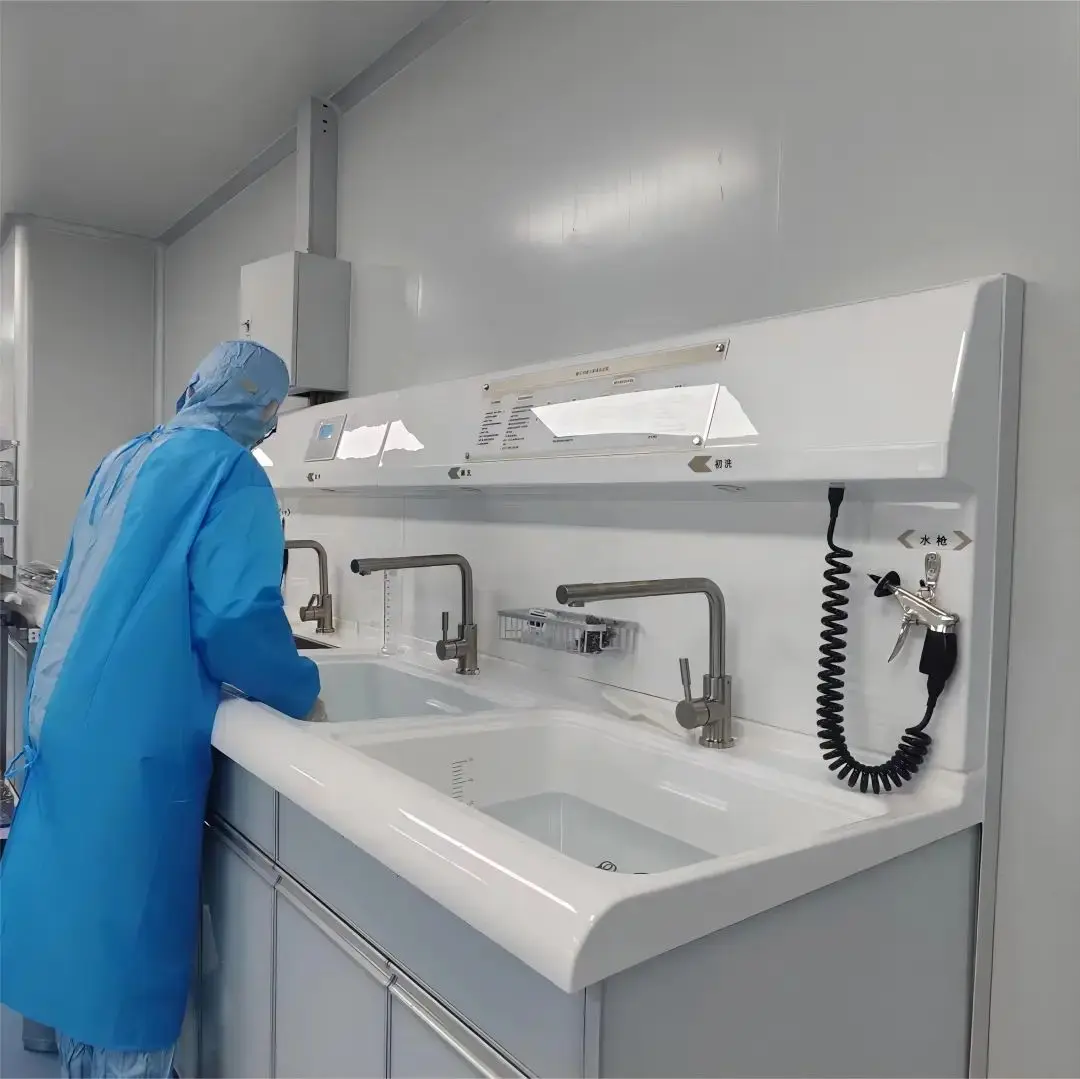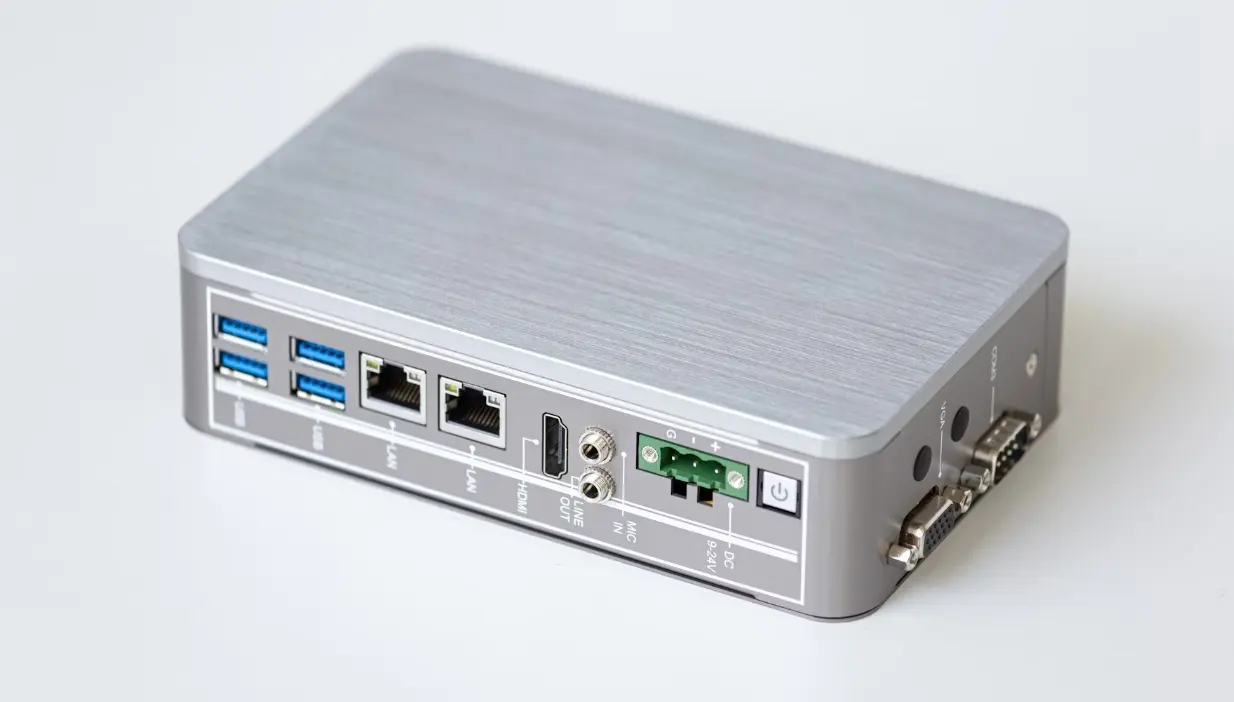
Amazon US CPSIA Children’s Product Certificate (CPC)
The United States is the largest toy consumer market in the world, accounting for more than a quarter of global toy retail sales. In 2022, U.S. toy sales reached $29.2 billion. To ensure toy safety and quality, U.S. federal law requires that all toys imported or sold in the country must comply with U.S. toy safety standards. Therefore, all toys exported to the U.S. must have a CPSIA Children’s Product Certificate (CPC) to confirm compliance with U.S. toy safety standards.

What is a CPC Certificate?
CPC stands for Children’s Product Certificate, and it applies to all products primarily intended for use by children aged 12 and under—such as toys, cradles, children’s clothing, etc. If the product is manufactured within the U.S., the manufacturer is responsible for providing the certificate. If the product is manufactured in another country, the importer is responsible. In other words, for cross-border sellers acting as "importers," a CPC certificate must be provided to Amazon (as the retailer) for products made in China and sold in the U.S.
Why is CPC Certification Required?
Amazon’s U.S. site mandates that all children’s toys and child-related products must be accompanied by a Children’s Product Certificate (CPC). Similar to a Certificate of Conformity (COC), this is a required document for listing any child-related product category—such as toys or baby products—on Amazon. Without a CPC, your products cannot be sold.
Although it is called a “certificate,” the CPC is not issued by any official body and does not need to be filed with any agency. It is essentially a self-issued declaration from the manufacturer or importer, confirming that the product complies with all applicable U.S. safety regulations for children’s products and other relevant laws.
The CPC is mandatory for all children’s products exported to the U.S. Here are some potential consequences of not having a CPC:
- Your products may be seized by U.S. Customs
- Freight forwarders may refuse to ship your products
- The Consumer Product Safety Commission (CPSC) may issue a forced recall
- Amazon may refuse to list your product
- You must also provide a test report to support your CPC
What Products Require a CPC Certificate?
All products covered by the Consumer Product Safety Improvement Act (CPSIA) must have a CPC. Broadly speaking, CPSIA applies to all toys and children's products sold in the United States.
A product is considered a children's product if it meets any of the following conditions:
1. It is designed or intended primarily for children 12 years old or younger
2. The product packaging is suitable for children 12 years old or younger
3. The product is displayed in retail environments or online stores that sell products to children
4. It is generally recognized as being intended mainly for children 12 years old or younger
Therefore, any product that could be considered a children’s product must be accompanied by a CPC.
Examples include (but are not limited to):
- Plastic toys
- Plush toys
- Dolls
- Children’s clothing
- Baby products
- Children’s furniture
- Children’s accessories
- Children’s jewelry
- Toy cars
- Wooden toys
- Beach ride-on toys
Note: CPC certificates must be supported by testing conducted at a CPSC-accredited laboratory. Before proceeding with CPC certification, sellers are advised to verify whether the testing lab is authorized by the CPSC—this is extremely important!
China's JJR agency is a CPSC-accredited laboratory and can provide CPC testing and certification services for children's products. Let JJR help you efficiently obtain a CPC certificate and ensure your products are ready for overseas markets.
Email:hello@jjrlab.com
Write your message here and send it to us
 EU 2.4G Products CE-RED Directive
EU 2.4G Products CE-RED Directive
 Cytotoxicity Analysis (CCK-8 Method)
Cytotoxicity Analysis (CCK-8 Method)
 Disinfection Validation for Reusable Medical Devic
Disinfection Validation for Reusable Medical Devic
 ASTM F3208-2020 Testing Laboratory
ASTM F3208-2020 Testing Laboratory
 Reprocessing of Reusable Medical Devices ISO15883
Reprocessing of Reusable Medical Devices ISO15883
 Wireless Product Certification Guide
Wireless Product Certification Guide
 TISI Certification for Hair Dryers in Thailand
TISI Certification for Hair Dryers in Thailand
 Thailand TISI Compliance Certification Reminder
Thailand TISI Compliance Certification Reminder
Leave us a message
24-hour online customer service at any time to respond, so that you worry!




